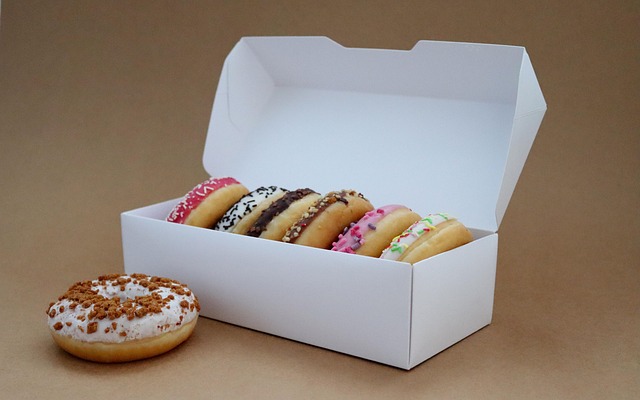How to Find Legitimate Free Sample Programs (Without Falling for Scams)

Everyone Loves Freebies — But Not Every Offer Is Legit
Free sample programs can be a great way to try new products without spending a dime. Whether it’s beauty items, snacks, or household goods, getting something for free always feels like a win. But with the rise of online scams and fake “sample” offers, it’s more important than ever to know which programs are genuine and which ones are out to collect your data.
As someone who spent over a decade working in retail marketing and product promotions, I’ve seen firsthand how brands design legitimate sampling campaigns — and how scammers try to imitate them. Let’s walk through how to spot trustworthy offers, avoid the bad ones, and make the most of your freebie hunting safely.
1. How Legitimate Free Sample Programs Actually Work
Real free sample campaigns are typically launched by brands for product awareness — not quick profit. Companies like P&G, Unilever, and L’Oréal routinely send out free samples to generate buzz, gather feedback, and encourage future purchases.
From my experience managing sample campaigns, these programs always have three common traits:
- They’re hosted on official brand websites or trusted third-party partners (like PINCHme or SampleSource).
- They require minimal personal info — name, mailing address, and sometimes age verification.
- They never ask for payment, even for shipping.
If a site asks for a credit card “just to verify your identity,” that’s a major red flag.
2. Common Red Flags That Signal a Scam
Scammers often mimic real brands to collect personal data or push subscriptions. Here’s how to protect yourself:
- Check the URL carefully. Real campaigns come from recognizable domains (like samples.lorealparisusa.com), not generic URLs.
- Look for excessive surveys. Real sample programs may ask one or two product-related questions — not dozens unrelated to the product.
- Watch for social media fakes. Facebook and Instagram are full of imposter pages promising “free iPhones” or “limited sample boxes.”
- Avoid “shipping fee” traps. No legitimate free sample site should ever charge you.
When in doubt, research the company on Google or check forums like Reddit’s r/freebies for user reviews before signing up.
3. Trusted Free Sample Sites That Deliver
If you’re looking for real, consistent sample opportunities, start with reputable platforms:
- PINCHme: Offers a curated selection of brand samples each month; you complete short feedback surveys after testing.
- SampleSource: Seasonal sample boxes with household, health, and food products from major brands.
- VocalPoint & Influenster: Focus on product testing campaigns where you share reviews online.
- Freeosk: In-store kiosks (often inside Walmart and Sam’s Club) that dispense free samples you can scan via app.
These programs have been vetted by real consumers for years — and I’ve personally worked with some of these companies to launch retail promotions.
4. Tips to Maximize Your Free Sample Success
Here’s how to improve your odds of receiving samples regularly:
- Create a dedicated email address for freebies and brand signups.
- Check back monthly on your favorite sample platforms; most refresh offers every 4–6 weeks.
- Be active in feedback loops. Companies love hearing from testers who leave reviews — it increases your chances of being selected again.
- Follow brands on social media. Many announce sample campaigns on Instagram or X (formerly Twitter) before email subscribers get them.
Consistency and authenticity matter. Brands are more likely to send repeat samples to engaged users who provide honest feedback.
5. What to Do If You Get Scammed
Even the savviest freebie hunters sometimes get caught by a fake offer. If that happens:
- Immediately cancel any unauthorized subscriptions or credit charges.
- Report the scam to the FTC at reportfraud.ftc.gov
- Warn others by commenting on forums or social media posts about the fake site.
Learning to recognize scam patterns will make you a smarter, safer consumer in the long run.
Conclusion: Free Samples Should Be Fun — Not Risky
Free samples can be an enjoyable and legitimate way to discover new products — when you know where to look. Stick with verified programs, watch for red flags, and treat your information like currency.